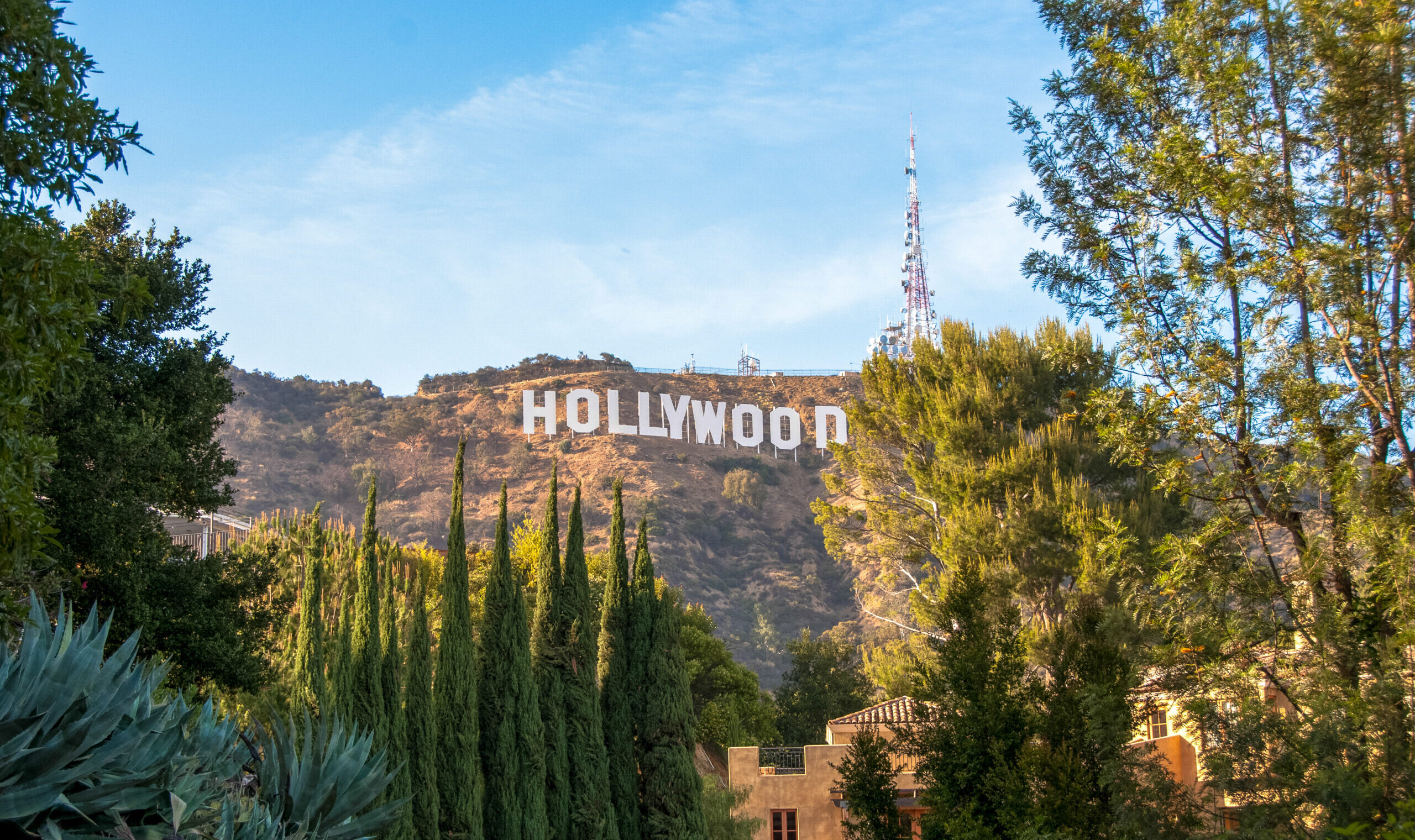Don’t Allow Hollywood to Write the Rules of AI

The debate on American AI can be reduced to a single question: regulate, or accelerate? On this question, President Donald Trump has taken a clear position: accelerate.
In late July, the President launched his AI action plan. Packaged with three accompanying executive orders, the plan’s first order of business is to “remove red tape and onerous regulation,” including the overturning of the Biden administration’s executive order on AI, which emphasized harm-prevention, guardrails, and government capacity-building.
One very specific “guardrail” that the Trump administration has demolished is “woke AI”—AI that is trained to avoid the truth in favor of politically correct shibboleths. A whole academic field, called “machine-learning fairness,” has appeared in recent decades, aimed at preventing AI from becoming too truthful. One of the three AI executive orders takes aim at this trend, preventing the federal government from promoting AI that is not truth-seeking and ideological neutral.
Trump clearly wants an across-the-board push for American AI dominance. It instructs the Office of Science and Technology Policy (OSTP) to seek information from businesses and the public about the most restrictive regulations hindering AI development, with a view to eliminate them. This is a massive shift from the tip-toe, harm-reduction, decelerationist approach of the previous administration.
National security is a key factor behind the shift in policy, as revealed by the action plan’s very first line:
The United States is in a race to achieve global dominance in artificial intelligence (AI). Whoever has the largest AI ecosystem will set global AI standards and reap broad economic and military benefits. Just like we won the space race, it is imperative that the United States and its allies win this race.
There’s a reason why microchips are subject to U.S. export controls specifically targeted at China. Whichever nation wins the AI race is likely to develop an insurmountable advantage in both commercial and military technology. Should China win, the U.S. could be reduced to second-power status for generations.
“Artificial intelligence is coming no matter what and it is vital that the biggest and best AI is American AI,” says former top DOGE lawyer and AI policy expert James Burnham. “We cannot afford to lose this race to China or any other global competitor. As President Trump has made clear, the United States has to be number one forever.”
On its own, beating China is a good enough reason to unleash the full potential of American AI.
But there’s another reason for AI accelerationism, not so closely tied to national security, that is worth considering.
If you get your opinions from social media hype, you might think that the chief opponents of the AI industry are those who believe it will turn into Skynet and kill us all. But the most dogged opponents of AI are not the doomers on X, but a more familiar force: Big Hollywood.
AI poses an existential threat to the entertainment industry in the same way that social media posed an existential threat to legacy media. While AI is not quite at the level where it can produce full-blown feature movies, it can already mimic the voice of popular singers, create special effects, and edit images and video. As the technology develops, the cost of producing entertainment products will plummet, putting power in the hands of independent creators.
An example: A YouTube creator recently went viral for re-creating a $1 million dollar scene from Star Wars for $100. Most of his work was done manually, through editing software. But it’s only a matter of time before similar work can be accomplished primarily or even wholly through AI prompts.
No wonder Hollywood is terrified.
And no wonder that the most pivotal AI lawsuit right now is Disney and NBCUniversal’s case against Midjourney, an image-generating AI platform. Universal Pictures is also spoiling for a lawsuit. What these companies want—and what the Trump administration, at least so far, seems likely to deny them—is a cut of the AI industry’s revenues.
We should expect the battle to evolve similarly to the fight over the Journalism Competition and Preservation Act (JCPA). That was the legacy media’s attempt to get Washington, DC to bail them out in the face of unstoppable competition from social media platforms – it would have forced the latter to give Big Media a stream of ad revenue for simply linking to their content.
Coverage from Breitbart News and some deft legislative maneuvering from House Republicans somehow killed the bill in 2022, despite Democrat majorities in both chambers. The legacy media’s last stand failed, and they are well on their way to a thoroughly deserved period of obsolescence.
Subscribe Today Get daily emails in your inbox
Hollywood (and Big Entertainment more generally) deserves a period of obsolescence too, for similar reasons to their pals in the legacy media. They’re hopelessly politically biased, and their increasingly stale product (can’t wait for the 122nd reboot of a superhero franchise!) has lost its ability to compel the American public. Dominated by unions and insiders, few industries need competition more.
I have spent most of my career calling out Big Tech—mostly for its pernicious political censorship, which still has not ended. But one thing they shouldn’t be called out for is their disruption of industries that richly need a little creative destruction—first the media, now Hollywood—and, downstream of that, their disruption of legacy political elites who rely on both Big Media and Big Hollywood to influence the minds of the masses.
When it comes to media, whether it’s news or entertainment, Big Tech should be allowed to do what it does best: move fast and break things.